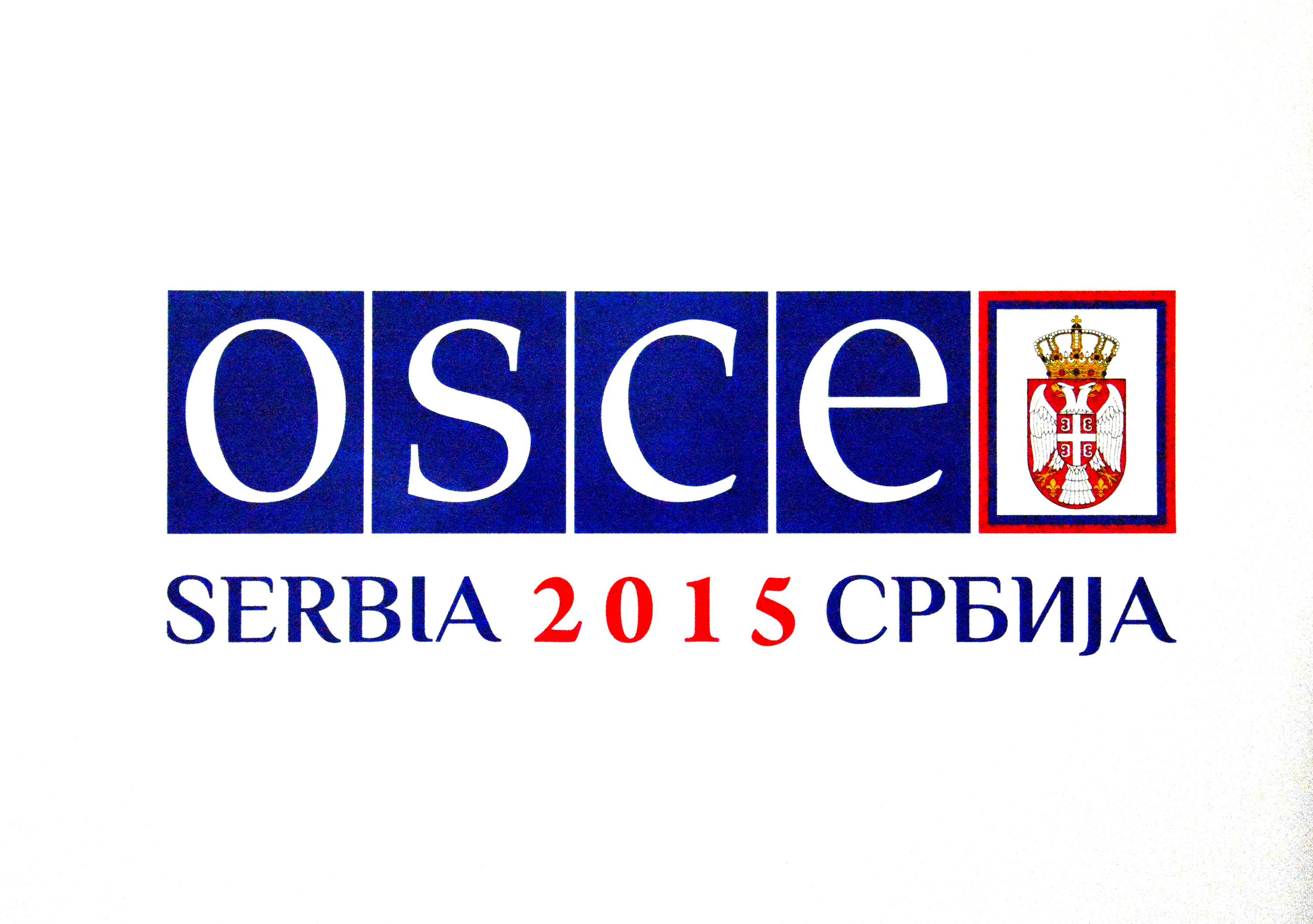



| Friday, 30 October 2015. | |
| OSCE workshop in Belgrade highlights need for cyber strategies and effective co-operation mechanisms to reduce risks of conflict using ICTs | |
| + larger fontnormal font- Smaller font |
 The need for OSCE participating States to adopt cyber strategies and effective co-operation mechanisms as a way of enhancing transparency and reduce the risk of conflict between States using Information and Communications Technology (ICTs) was the focus of a two-day OSCE-wide workshop, which concluded today in Belgrade. The need for OSCE participating States to adopt cyber strategies and effective co-operation mechanisms as a way of enhancing transparency and reduce the risk of conflict between States using Information and Communications Technology (ICTs) was the focus of a two-day OSCE-wide workshop, which concluded today in Belgrade.The workshop brought together some 150 participants, including 19 international experts from Austria, Estonia, Finland, Germany, Israel, the Russian Federation, Serbia, Switzerland, UK, USA and representatives of relevant national authorities including Ministries for Foreign Affairs, Interior, Defence, Justice, and Telecommunications, as well as representatives from Computer Emergency Response Teams (CERTs), the private sector, think tanks, and civil society. "ICT infrastructure has become a matter of strategic importance not only for governments but also businesses and citizens; enabling economic growth, social development and national prosperity", said State Secretary of the Serbia's Interior Ministry, Aleksandar Nikolić, representing Serbia's 2015 OSCE Chairmanship. "If our communication networks are compromised, misused or attacked, so is life as we know it." During the workshop, participants discussed global, regional and sub-regional processes with a view to promoting effective cyber/ICT security frameworks and strategies. Discussions also focused on effective co-operation at the international and regional levels to support the implementation of confidence-building measures across the whole OSCE region. On the second day, participants took part in a discussion exercise organized by the Diplo foundation, providing a 'hands-on' understanding of the practical aspects of the OSCE confidence-building measures on cyber/ICT security, which were adopted in December 2013. This exercise particularly focused on measures 2 and 8 which call on OSCE participating States to facilitate co-operation among competent national authorities as well as to establish communication lines at the policy levels to effectively deal with cyber/ICT security threats affecting national security. The workshop was organized by Serbia's 2015 Chairmanship of the OSCE with the assistance of the OSCE Transnational Threats Department, building on the conclusions and recommendations of the 2014 Swiss OSCE Chairmanship event on promoting implementation and supporting negotiations in the area of confidence-building measures on cyber/ICT security. |